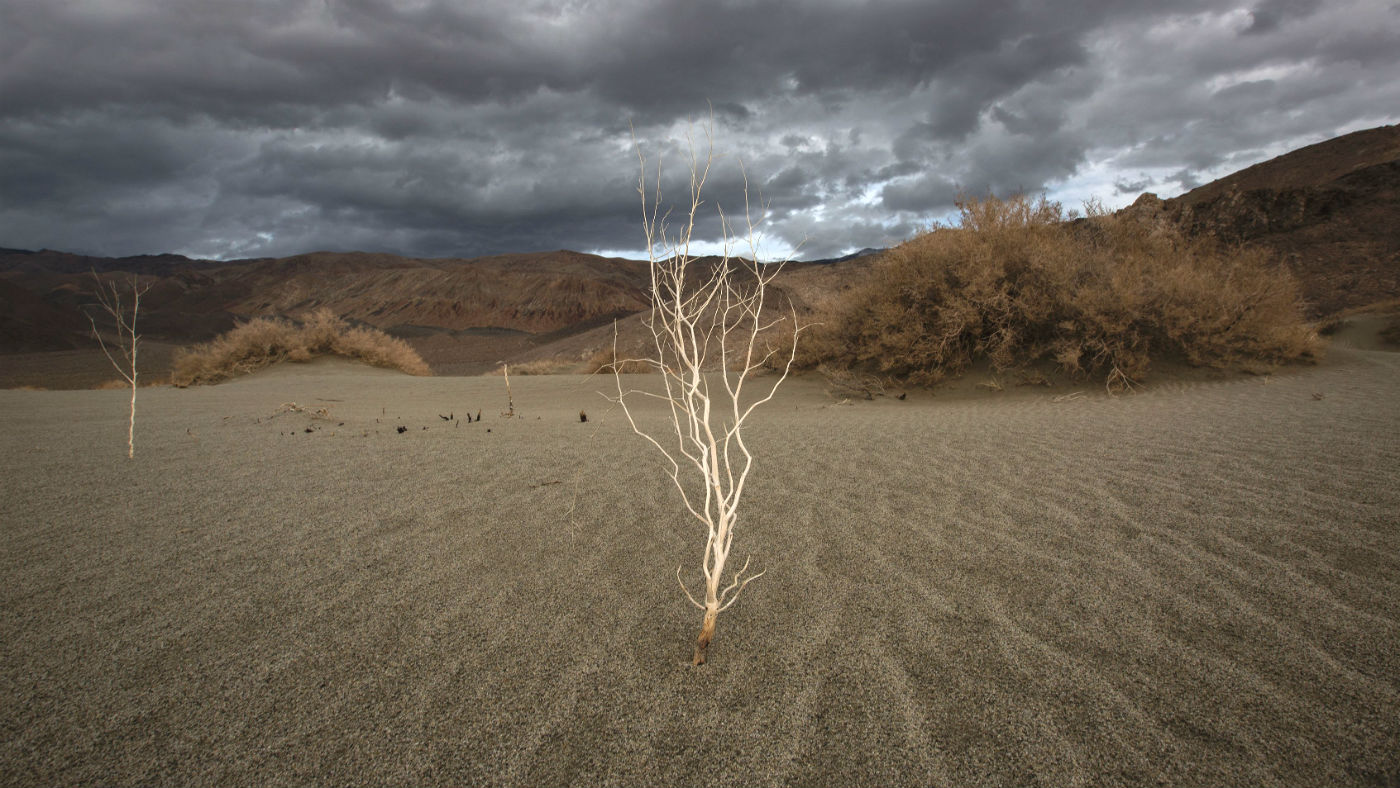How will climate change affect the global economy?
Study finds Africa, South America and the Middle East likely to be hardest hit

A free daily email with the biggest news stories of the day – and the best features from TheWeek.com
You are now subscribed
Your newsletter sign-up was successful
Climate change could shave 3% off the global economy over the next three decades, a study from the Economist Intelligence Unit has concluded.
Measuring the preparedness of the world’s 82 largest economies and based on current trends, the report found that the fallout of warming temperatures would cost the global economy $7.9bn by 2050 as increased droughts, flooding and crop failures hamper growth and threaten infrastructure.
Africa, South America and the Middle East are likely to be impacted the hardest, “because they have higher average temperatures and smaller economies in size, making them more vulnerable to the impact of climate change”, says CNBC.
The Week
Escape your echo chamber. Get the facts behind the news, plus analysis from multiple perspectives.

Sign up for The Week's Free Newsletters
From our morning news briefing to a weekly Good News Newsletter, get the best of The Week delivered directly to your inbox.
From our morning news briefing to a weekly Good News Newsletter, get the best of The Week delivered directly to your inbox.
By contrast “wealthier and more developed economies have it easier when it comes to battling the onslaught of climate challenges”, says CNN Business.
Climate change is only predicted to shrink the US economy by 1.1% over the next three decades, while western Europe’s GDP growth stands to drop 1.7%.
–––––––––––––––––––––––––––––––For a round-up of the most important stories from around the world - and a concise, refreshing and balanced take on the week’s news agenda - try The Week magazine. Start your trial subscription today–––––––––––––––––––––––––––––––
“Preparation for climate change is higher in these regions, which is making them more resilient,” says CNN. “But being rich is only part of the deal. The quality of government institutions also matters. Institutions must be able to adapt to change and put effective mitigation policies in place to remain intact in the face of climate challenges.”
A free daily email with the biggest news stories of the day – and the best features from TheWeek.com
World leaders are set to meet next month in Madrid at the annual UN Climate Change Conference where they will discuss how to limit the global average temperature rise to 1.5C, “a core aim of the 2015 Paris Climate accord”, says CNBC.
It comes as the US begins the official process of withdrawing from the Paris agreement. The Trump administration has argued the climate deal imposes an “unfair” economic burden and last year dismissed its own government report warning that climate change would cost the US economy billions of dollars.
Some worry this sets a dangerous precedent for poorer nations. The Straits Times, based in Singapore, says requirements to decrease greenhouse gas emission to meet the targets agreed in Paris in 2015 are “a source of controversy in developing nations which say their economic growth shouldn’t suffer after decades of fossil fuel use by wealthier countries”.
Elliott Goat is a freelance writer at The Week Digital. A winner of The Independent's Wyn Harness Award, he has been a journalist for over a decade with a focus on human rights, disinformation and elections. He is co-founder and director of Brussels-based investigative NGO Unhack Democracy, which works to support electoral integrity across Europe. A Winston Churchill Memorial Trust Fellow focusing on unions and the Future of Work, Elliott is a founding member of the RSA's Good Work Guild and a contributor to the International State Crime Initiative, an interdisciplinary forum for research, reportage and training on state violence and corruption.